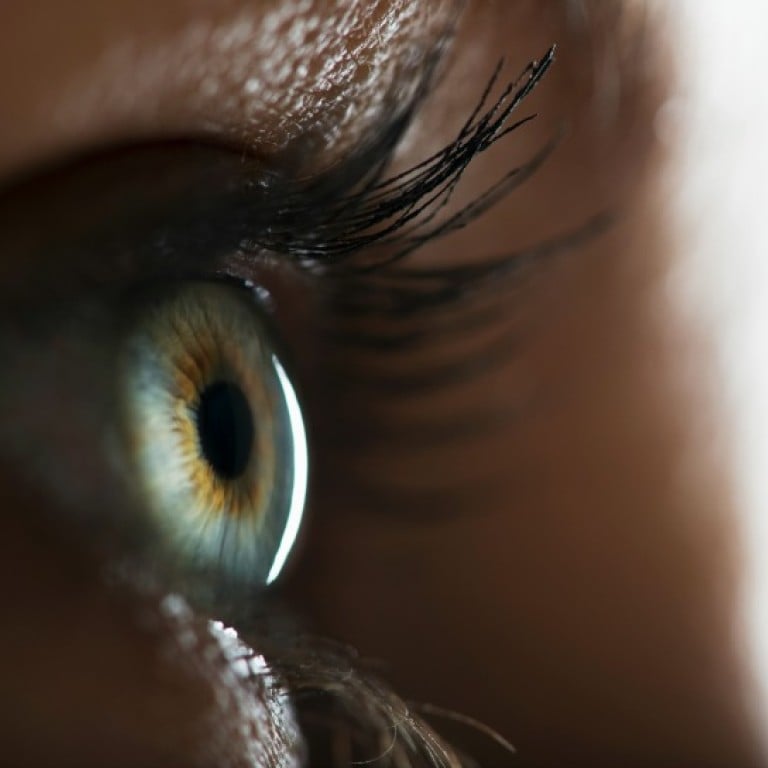
Wearing hard contact lenses at night could raise infection risk: study
Research shows increased risk in under-18s who use nighttime contacts to correct daytime vision
The use of certain night-time contact lenses could increase the chances of children developing an eye infection that can lead to blindness if not treated, researchers at Chinese University say.

The lenses are analogous to dental braces, but unlike braces, if the wearer stops using the lenses their eyesight problems will return.
The lenses are designed to press on certain parts of the cornea. If children wear them each night, then after a period of two to three years the lenses could damage the corneal epithelium or protective skin of the cornea, increasing the risk of infection, said Dr Vishal Jhanji, director of refractive surgery at the Chinese University’s specialist eye centre.
The university’s retrospective study looked at 18 cases of microbial keratitis – an infection of the cornea – in patients under the age of 18 at the Prince of Wales Hospital between 2001 and 2010. Some 40 per cent of cases were associated with the use of ortho-k.
Between 2001 and 2008, over 100 cases of microbial keratitis associated with ortho-k have been recorded globally, mostly in East Asia.
“It’s not a condition to be taken lightly,” said Dr Alvin Young of Prince of Wales Hospital.
Previous studies have indicated that using any type of contact lens at night increases the risk of infections fivefold, researchers said. They urged parents to consider alternative solutions to problems such as myopia.
“[Ortho-k] is a temporary solution and not worth the risk for young people,” said Jhanji, adding that children are less careful about hygiene and less likely to act quickly to deal with an infection.
A Polytechnic University study completed last year had found that ortho-k treatment could slow down the progression of myopia.
Responding to the Chinese University study, Professor Pauline Cho Wong Hie-hua of Polytechnic University’s school of optometry said that the work of optometrists and certification of lenses over the years had reduced risks associated with “improper use” of ortho-k.
The ortho-k procedure is sometimes called overnight vision correction or corneal refractive therapy (CRT). It is often used as an alternative to refractive surgery, or by those who prefer not to wear contact lenses during the day.
Estimating using population data, as many as 400,000 children in Hong Kong under the age of 14 are thought to have myopia or short-sightedness.

